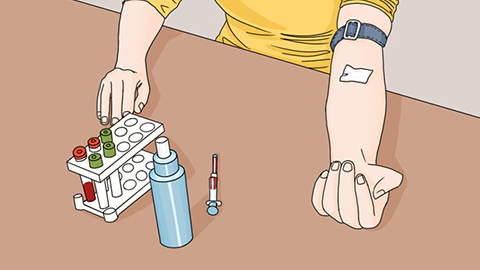Is blood donation beneficial for people with high blood pressure?
Generally speaking, if individuals with high blood pressure have their blood pressure well-controlled in daily life, moderate blood donation may provide certain benefits. However, if their blood pressure is not well-managed, blood donation at such times will not be beneficial. If any discomfort symptoms occur, it is recommended to seek timely medical consultation and treatment at a formal hospital. Detailed analysis is as follows:

For individuals whose blood pressure is generally well-controlled despite having high blood pressure, moderate blood donation can offer certain benefits. These patients usually maintain their blood pressure at normal or near-normal levels over a long period, and vital organs such as the heart and blood vessels have not sustained significant damage due to hypertension. After blood donation, the temporary reduction in blood volume can lower blood viscosity, promote blood circulation, and reduce pressure on the vascular walls. At the same time, the body's need to replenish lost blood can stimulate bone marrow to produce new blood cells, helping maintain healthy blood conditions and reducing the risk of blood clots to a certain extent, thus exerting a positive regulatory effect on the circulatory system.
Conversely, for individuals with poorly controlled hypertension, donating blood may not provide any benefits and could pose multiple risks. With blood pressure in an unstable or elevated state, organs such as the heart and blood vessels are already under high stress, with significant pressure exerted on the vessel walls. During blood donation, a sudden drop in blood volume may lead to a sharp decrease in blood pressure, potentially causing symptoms such as dizziness, palpitations, fatigue, or even fainting. Additionally, fluctuations in blood pressure may impact the cardiovascular and cerebrovascular systems, increasing the likelihood of cardiovascular events such as angina pectoris or cerebral ischemia.
Prior to donating blood, it is essential to consult with a professional physician to confirm whether one's physical condition is suitable for blood donation. After donation, it is important to promptly replenish fluids and nutrients to restore blood volume and prevent hypotension.









